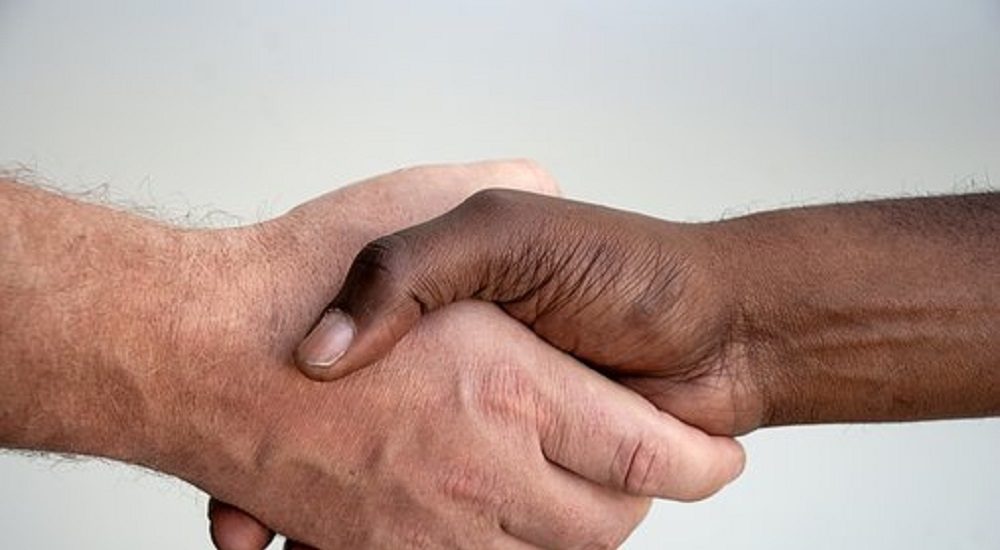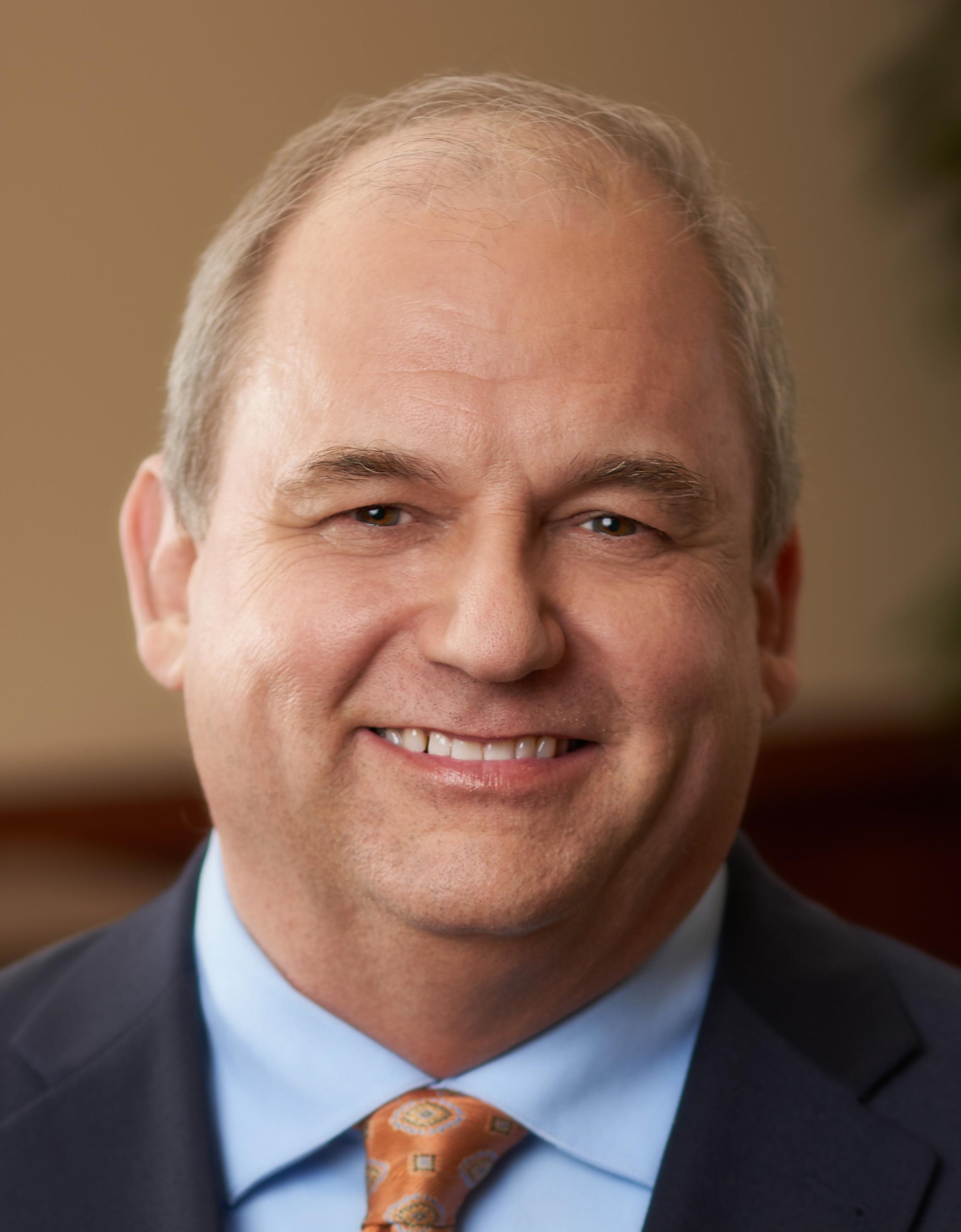It’s Not a Black-White Thing. It’s a Human Nature Thing
I have some friends who take offense at the phrase “ Black Lives Matter” and retort, “All Lives Matter,” which is true but misses the point. A dear friend of mine recently shared an analogy with me that I think puts the issue in proper perspective.
The pink ribbon campaign highlighting the fight against breast cancer is not intended to suggest that breast cancer is a more important concern than prostate or colon cancer. It is simply intended to focus attention on a particular scourge that we need to try to eradicate.
The American Heart Association’s campaigns don’t suggest that its concerns are more important than the causes of groups dedicated to fighting diabetes or autism. Rather, the Heart Association is bringing attention to a condition it is dedicated to fighting.
As any marketing professional would tell you, it would be an ineffective campaign for a particular health care charity to adopt the slogan, “All Diseases Matter.” Similarly, organizations devoted to combating racism and implicit bias are not suggesting that some lives are more important than others. Quite the opposite. They seek to remind us, through a memorable motto, that the principle that all human life is sacred includes minorities. They are addressing the scourge of racism and the ill effects of implicit bias.
I think part of the problem is that some people misinterpret the phrase “Black Lives Matter” to suggest that, in general, white people are bad and morally inferior to black people. They take the phrase as a personal attack, which makes them defensive. But properly understood, that is not what the phrase means, or at least should mean.
Most people are good and generous with an innate sense of fairness. But we all, regardless of race or culture, suffer from implicit biases. Among other things, we innately have a proclivity to identify with those who are like us. That is not a white or black thing. It is a human nature thing. Just look across the globe at every culture and country. Look at history. (I encourage you to read Before You Know It by John Bargh.)
Humans by their nature tend to be tribal even though we are ultimately stronger when we embrace diversity. Consequently, we must be on guard against our implicit bent toward “tribalism.”
Dr. Martin Luther King, Jr. understood this. He also understood our innate sense of fairness and repeatedly referred to all God’s children. To me, whether you have implicit biases does not define whether you are a moral person. All of us – white, black, brown, and yellow – suffer from implicit biases. What defines us as a moral person is what we do once we realize we possess such implicit biases and how we try to be vigilant against them and rectify the impulses that they create.
One of the things I love about America is not that we as a people are perfect or that our history is unblemished. No country has a perfect track record when it comes to justice, and we certainly are no exception. America has often fallen short of its espoused ideals. What I love is that although we have suffered setbacks, and progress has too often been painfully and haltingly slow, over time we have groped our way towards equality and freedom.
Pericles observed that the strong do what they can and the weak suffer what they must. Yet America, although far from perfect, has fought that impulse, albeit sometimes begrudgingly. Those in control and power have slowly ceded power to those who have no power, other than the power found in appeals to fairness.
As recent events have shown, we still have a long way to go. But this moment, filled with fear and anxiety given the pandemic, economic free fall, and massive, sometimes violent protests, also for me holds great hope and promise. We as a society are beginning to better understand the phenomenon of implicit bias, which is the first step in addressing it and correcting its ill effects.
Dr. King once said that the arc of the moral universe is long but it bends towards justice. I believe that, and I also believe that it bends more sharply at certain times than it does at others. I think today is a moment in which, with courage, we can bend that arc more sharply towards justice. If we do, then years from now, despite the pandemic with all its tragedies, we can look back and say that 2020 was a good year.


